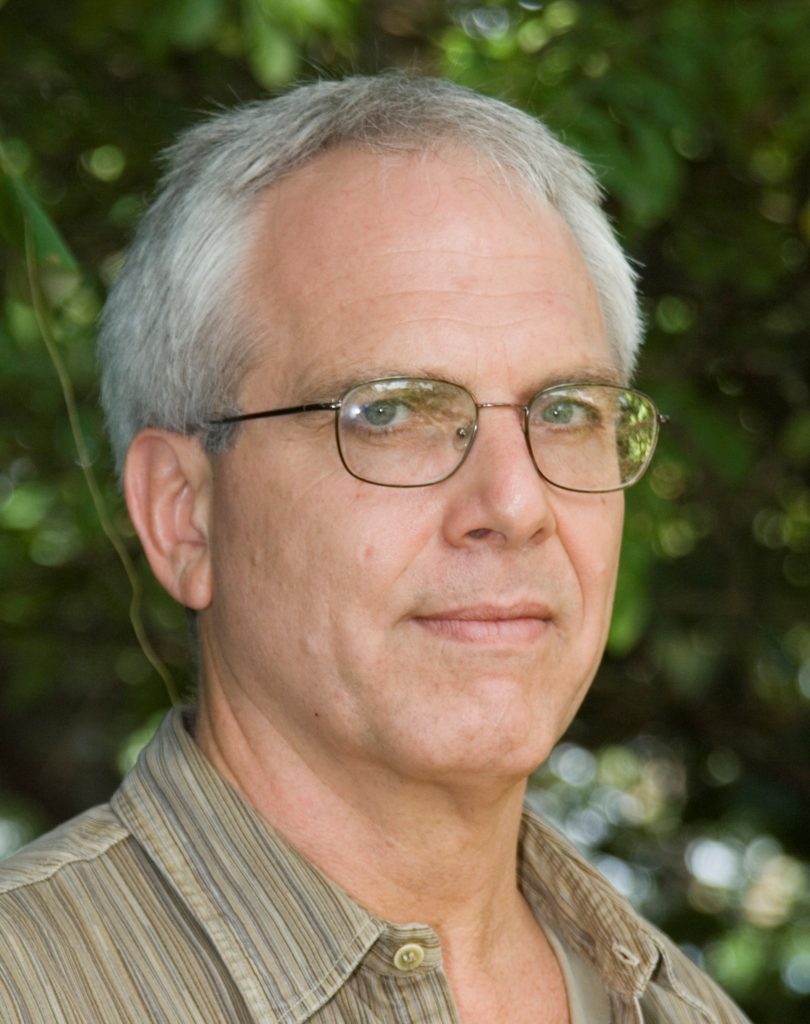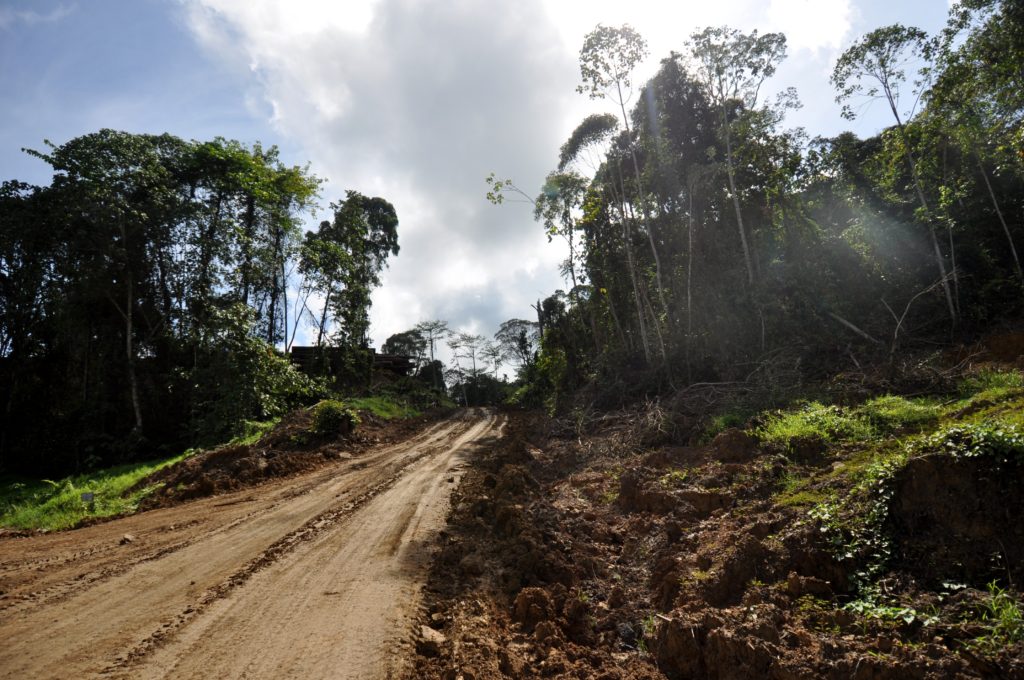One of the world’s most prominent conservation biologists, Bill Laurance, was born this day in 1957. Among the many voices heard today for saving our planet, his may be the most respected—and the most grounded in science.

William F. Laurance grew up on a ranch in the American west, where he immersed himself in nature. In an interview, he said, “And I just loved animals, I raised mountain lions and bear cubs and I was a falconer, I had birds of prey and owls and ferrets and flying squirrels, just a whole menagerie that my long suffering parents put up with.” He initially wanted to work in zoos, but became convinced that zoos were only a temporary answer to conservation—habitat protection was the sustainable answer.
He received his undergraduate degree at Boise State University in Idaho, and was awarded a doctorate from the University of California-Berkeley in 1989. Since then he has performed research throughout the tropics, including Central and South America, Australia, Africa and Asia. His research focuses on the relationships between biodiversity and habitat characteristics, particularly habitat fragmentation. He told an interviewer, “As you probably know, about forty million acres of tropical forest are being destroyed every year. That is about eighty football fields a minute. And as a consequence we are seeing vast landscapes being denuded of forest. We are also seeing the original rain forest being chopped up into isolated islands or parcels.” (the interview doesn’t have a date, so his stated figure on acres lost may not be accurate today)
Laurance now holds a distinguished faculty position at James Cook University in Cairns, Australia. He has published many books and hundreds of scientific and popular articles about the tropics and habitat conservation in particular. Along the way, he has received a long list of awards and honors for his work, including receiving Australia’s Best Science Writing Award four times.

He believes that ecological scientists today must also be advocates for the resources they study. To help that process, in 2013 he founded (and still directs) an organization called ALERT—the Alliance of Leading Environmental Researchers & thinkers. ALERT helps scientists get their message to journalists, decision-makers and the general public through various outlets, both written and electronic. ALERT is designed to “help world-class researchers have a concerted, highly credible voice on key environmental issues.”
Laurance finds it hard to be too optimistic about the state of our environment because human population continues to grow and habitat continues to be lost and fragmented. “There have been some successes, there have been some new parks and new reserves that have been designated, but I think we have to be very vigilant. Right now, I feel like we have our fingers in the dike, and we are trying to stave off a potentially catastrophic flood of extinctions….It is going to take a lot of effort, a lot of dedication, and I think more resources than what we are currently seeing in order to really try and stave off a catastrophic situation in tropical ecosystems.”
References:
Alliance of Leading Environmental Researchers & Thinkers. About Us. Available at: http://alert-conservation.org/about-us. Accessed February 5, 2020.
Annenberg Learner. Interview with William F. Laurance. Available at: https://www.learner.org/series/the-habitable-planet-a-systems-approach-to-environmental-science/biodiversity-decline/interview-with-william-f-laurance/. Accessed February 5, 2020.
James Cook University. Research Profile, Prof Bill Laurance. Available at: https://research.jcu.edu.au/portfolio/bill.laurance. Accessed February 5, 2020.
